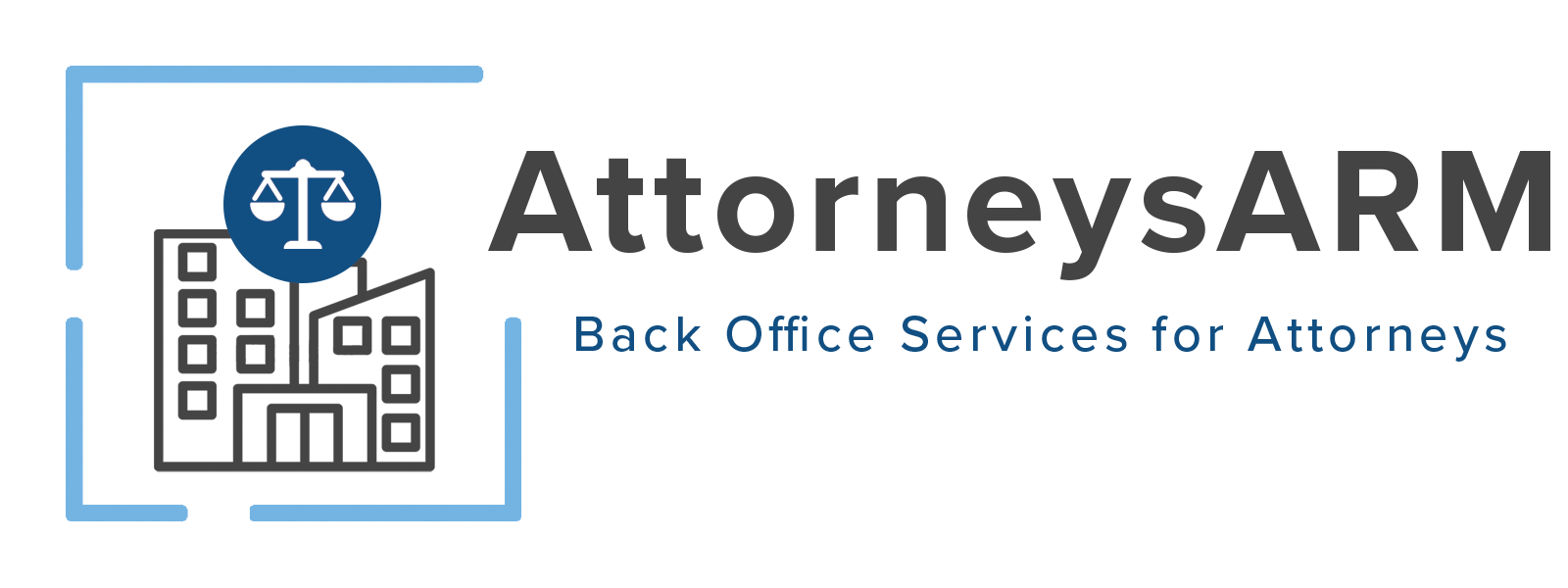Startup funding for new businesses is a hot topic. There are several options available. They all have their own set of benefits and drawbacks. We’ve created this primer to help you understand the options so that you can consider the ones that would best serve your needs.
Funding Your Own Business
One of the first and most logical startup funding options for new businesses is to fund it yourself. The drawback is that you’re limited to what you can afford to put into your business because of your personal and family obligations. For most small businesses, this is still a valid option because most service based businesses won’t require substantial capital to start. The benefits to funding your own business include being more mindful about how money is spent and keeping complete ownership of your business. If you plan to fund your own small business, make sure that you put in the work to create an accurate plan that shows exactly what you need to get the ball rolling.
Personal and Business Loans
Most small businesses start as sole proprietorship. That is, it’s someone who doesn’t go through the process of legally forming their business. Think about children who run a lemonade stand or offer to mow yards or wash dogs. They are sole proprietors. Even if they give themselves a name, there is no separation between them and their business. They are the business. This is a perfectly legal and legitimate way to conduct business. You can even start a business checking account as a sole proprietor.
Sometimes, banks and other lenders aren’t always keen about providing a business loan to a startup. The process can also be daunting. You must fill out the loan application, provide a business plan, provide cashflow projections, and other documents to show that you’ll be able to repay the loan. The Small Business Administration also provides loans for small businesses.
If you have a good credit history as an individual, you could consider taking out a personal loan to fund your new business. You may have a better chance at getting approved for a personal loan than a business loan.
Clients ARM provides a free service that helps new business owners find lenders. To learn more about this free service and how you can use it, just click here! There are absolutely no strings attached.
Investors for Startup Funding
There are two broad categories of investors for startup funding: venture capitalists and angel investors. A venture capitalist is someone (or a business) who gives you money that you may have to pay back. They may also end up with an ownership interest in your business. One of the main benefits of a venture capitalist is knowing that someone believes in your case. With any luck, they’re a business expert that can provide you with advice to help you grow your business. After all, your business becoming profitable is in their best interest. The drawback? If you provide ownership interest to investors, you could end up no longer owning your business if you’re not careful. You also have to consider the interests of your investors which may not reflect your overall business strategy. You may need to pay back the investment (with interest). If your business goes under, you may still be legally obligated to repay your investors.
An angel investor is someone who provides funding for your business without an expectation of payback or a piece of your business. You can obviously see the benefit so let’s talk about the drawbacks. Most angel investors put their money into new businesses that help the community in some way. This could be providing jobs in a certain area. It could be serving a certain portion of the community. If your business doesn’t align with the interests of the angel investor, they won’t provide startup funding.
Crowdfunding
One of the newer startup funding options for new businesses is crowdfunding. This can be done using a variety of platforms. Essentially, you rely on the public (or your family and friends) to help you get your business off the ground. The main benefit is that you don’t have to repay the money and you’re not providing ownership interest to those who donate. There are some drawbacks. Rewards are generally offered. You must be ready to absorb the cost of providing something in exchange for the financial support you’re getting. You must provide rewards that people want. Also, there’s no guarantee that your business will get fully funded with this method. You’ll want to do extra research to ensure that you have the best possible chance of getting the money that your business needs.
Clients ARM Loves Small Businesses!
Here at Clients ARM, we help service-based businesses of any size improve their efficiency and their profit margins by providing a wide variety of helpful services from our remote US-based location. We love working with small businesses. Check out our free tool that can help match you with lenders to meet the financial needs of your small business!




